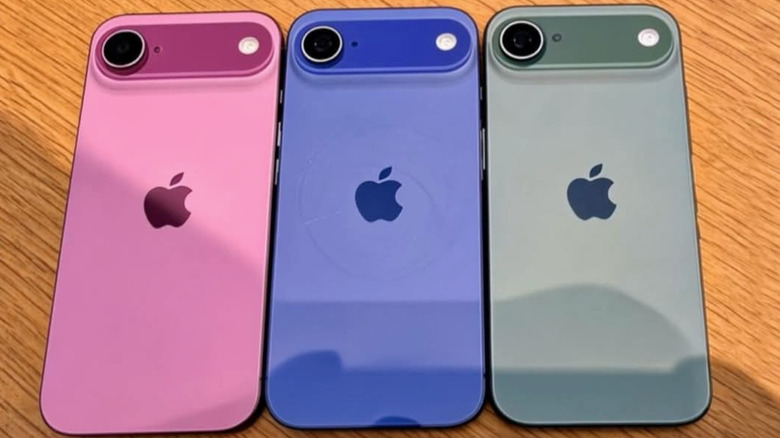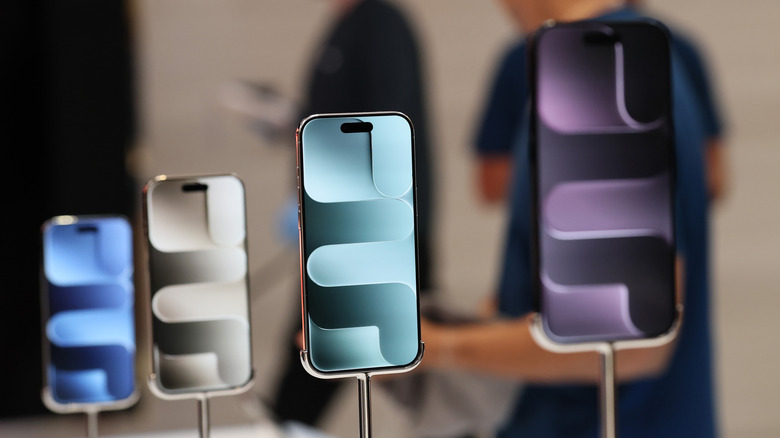iPhone Air Finally Set To Arrive In China
Following a few weeks' delay, Apple's iPhone Air is finally poised to go on sale in China. Pre-orders for the device will open on Friday, October 17. Deliveries for the svelte device, meanwhile, will likely begin about a week later. Apple CEO Tim Cook announced the development in a Weibo post earlier today.
China is a huge market for Apple, and the absence of the iPhone Air in China during launch week last month initially raised some eyebrows. Ultimately, it came to light that the delay was likely due to the fact that the iPhone Air uses an eSIM as opposed to a physical SIM card. As a result, the iPhone Air was subject to some regulatory issues with the Chinese government. At the time, all three of China's biggest telecom operators indicated that the iPhone Air would be arriving soon. In other words, there wasn't much doubt that the iPhone Air would arrive in China — the only question was when it might happen.
All told, it's welcome news for both Chinese consumers and Apple. Again, China is an incredibly important market for Apple. During last year's holiday quarter, for instance, revenue from China accounted for nearly 15% of all of Apple's global revenue.
The iPhone Air is a feat of engineering
There have been some scattered reports pointing to relatively weak iPhone Air sales. The reality, though, is that we have no idea how well the iPhone Air is selling. And given that Apple doesn't break out sales figures by specific iPhone models, we'll likely not know the vibrancy of iPhone Air sales unless Apple happens to share details during its upcoming earnings conference call.
What we do know, however, is that the iPhone Air itself represents a tremendous feat of engineering. The device weighs just 165 grams and is only 5.6mm thick, making it the thinnest iPhone Apple has ever released. At the same time, the device has a heft to it, which makes it comfortable to hold. Apple was able to build such a thin device by making some interesting design decisions. For instance, the iPhone Air incorporates a 3D-printed titanium USB-C port which, according to Apple, uses "33 percent less material than a conventional forging process."
It's also worth mentioning that the iPhone Air is incredibly resilient and not prone to bending. While the iPhone 6 was famously bendable when enough pressure was applied to the middle, the same can't be said for the iPhone Air. Impressively, Apple's thinnest iPhone to date can withstand nearly 215 pounds of pressure.

